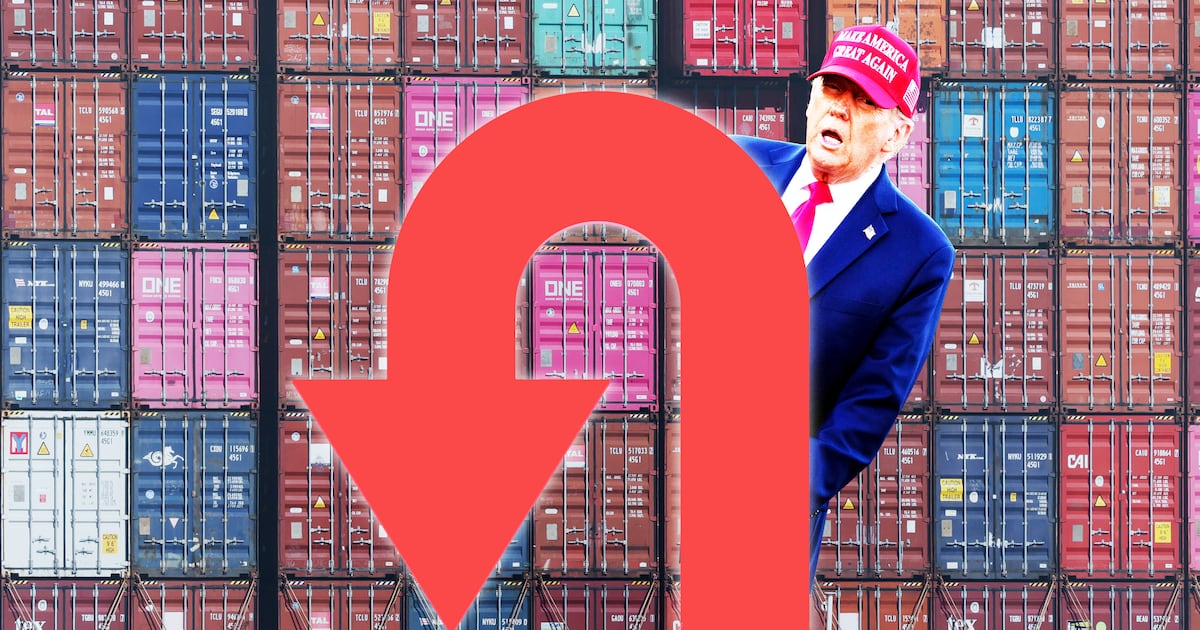This is what Azerbaijani journalist Khadija Ismayilova, who was released from prison today, posted to Facebook in February 2014, ten months before being arrested for her in-depth reporting on the runaway corruption and human rights abuses of her country’s ruling crime family, the Aliyevs: “Some of you want to help, but can do it only with private diplomacy. Thank you, but No. [Where] my case is concerned, if you can, please support [it] by standing for freedom of speech and freedom of privacy in this country as loudly as possible. Otherwise, I rather prefer you not to act at all.”
In the annals of dissidence, this must rank as one of the braver appeals to solidarity ever made. No “back-channel” negotiations on her behalf, please. No quiet dealmaking that could lead to her release being dressed up for gauzy propaganda value by her captors, thank you very much. Keep fighting. And don’t you dare shut up.
Ismayilova had every reason to suspect she’d be forcibly silenced herself. As the Baku bureau chief of Radio Free Europe/Radio Liberty (which, in the interest of full disclosure, you should know funds my website The Interpreter), she risked quite a lot in 2012 by publicizing a blackmail attempt in which she was anonymously given an envelope containing private photographs of her. It carried a warning: “Whore, behave. Or you will be defamed.”
A week later, a sex tape—filmed by an as-yet uncredited director in her own bedroom — appeared on a pro-government website, the first of two that would be publicized as a way of scandalizing her, a single woman in a Muslim country, into silence. It didn’t work.
Instead, Ismayilova joined up with pro-democracy activists and was detained during one protest and fined a recently inflated rate for participation in an unlicensed demonstration. She refused to pay as a matter of principle and was ordered to do 220 hours of street-cleaning as a form of community service. She happily accepted, promising to turn this punishment into an act of civic protest: “Sweeping for Democracy,” as she called it.
As Ismayilova’s best profiler Rebecca Vincent wrote for the website Little Atoms, “Many Azerbaijanis on social media pledged to join her. The authorities, in fear of a strong public response that the sight of Ismayilova sweeping the streets could trigger, ordered her instead to clean indoors, in a less visible location. She refused. They could have jailed her for three months, but did not – perhaps still in fear of the fallout.”
In the end, the authorities chose to withstand the fallout anyway, perhaps banking on the fact that Baku is an ally of Washington and in this age of magical realism in U.S. foreign policy, no one would kick up much of a fuss over one imprisoned muckraking journalist, even if she does draw a salary from U.S. taxpayers.
After Ismayilova helped compile a comprehensive list of Azerbaijani political prisoners, embarrassing European Parliament and U.S. Congress — two institutions where the pro-Aliyev lobby has spent millions of dollars and pounds of Caspian caviar to buy off politicians and launder the regime’s squalid reputation—she was finally arrested in December 2014, whereupon RFE/RL's offices in Baku were raided and shuttered.
She was tried on the ridiculous charge of inciting a colleague to commit suicide, to which a host of invented financial crimes such as embezzlement and tax evasion was subsequently added. Sentenced to seven and a half years, she served 537 days, each of them without cause.
At least her advice was heeded, and people didn’t shut up in a vain attempt to flatter the Aliyev regime into releasing her. While in the clink, Ismayilova racked up journalism prizes, became the subject of an international advocacy campaign, and gained the legal services of one Amal Clooney, who took her case to the European Court on Human Rights and whose less-famous husband was duly instructed by one pro-regime imbecile to keep his wife in line.
Dictators traffic in projection, accusing their enemies of committing the very crimes of which they themselves are guilty. The post-Soviet regime of President Ilham Aliyev is no different.
Ismayilova exposed a raft of dodgy state business practices that all had a bad habit of leading back to one or more members of his Kardashian-like First Family. In 2010, she published an investigation into the privatization of the service branches of Azerbaijan’s state airline AZAL, which occurred absent any oversight of the government committee designed to ensure free and fair competition for the sale of public assets. A bank was part of the assets auctioned off and — wouldn’t you know it — two of the new owners were the AZAL president’s wife Zarifa Hamzayeva and Aliyev's own daughter Arzu Aliyeva.
Ismayilova also linked Arzu and her sister Leyla to Azerbaijan’s largest mobile phone provider Azercell, and worked with the Organized Crime and Corruption Reporting Project (OCCRP), which has lately given us the Panama Papers, to show how the Aliyevs were the majority shareholders of Azenco, a company subcontracted to build a lavish new concert hall in Baku for Azerbaijan’s hosting of the Eurovision Song Contest in 2012. Azenco made $79 million in 2010 alone — all through state contracts.
The now former political prisoner will turn 40 on Friday. And while her release from jail comes as a welcome birthday present, I do not expect her to celebrate overlong or to “behave,” as her blackmailers would like. An RFE/RL colleague recently told me that he worried Ismayilova wouldn’t leave Azerbaijan if and when she was released. The Aliyevs would no doubt like her to go into exile, but what if she insists on staying put and carrying on her important work?
Her friend Rebecca Vincent, a former U.S. diplomat and the author of that terrific Little Atoms profile, emailed me today:
“Khadija has always made it abundantly clear that she did not call just for her release, but for the releases of all political prisoners in Azerbaijan — and there are many. Opposition politician Ilgar Mammadov, journalist Seymur Hezi, youth activists Ilkin Rustemzade, Bayram Mammadov, Qiyas Ibrahim, and dozens of others remain unjustly jailed.”
“If the international community really wants to support Khadija,” Vincent continued, “it must take serious steps to address this corruption, to hold Azerbaijani officials responsible for their gross human rights violations, and ensure that critical voices don’t continue to be targeted in Azerbaijan.”
One way to achieve this is to do what Ismayilova has herself recommended. The United States should pass the Global Magnitsky Act, a piece of legislation which aims to blacklist human rights offenders from any country and which, for that reason, agents of the Kremlin recently mounted a failed campaign to have it quashed or diluted the House Foreign Affairs Committee. And Congress can do also pass the Azerbaijan Democracy Act, which aims to specifically penalize the kleptocratic thugs from Baku.






